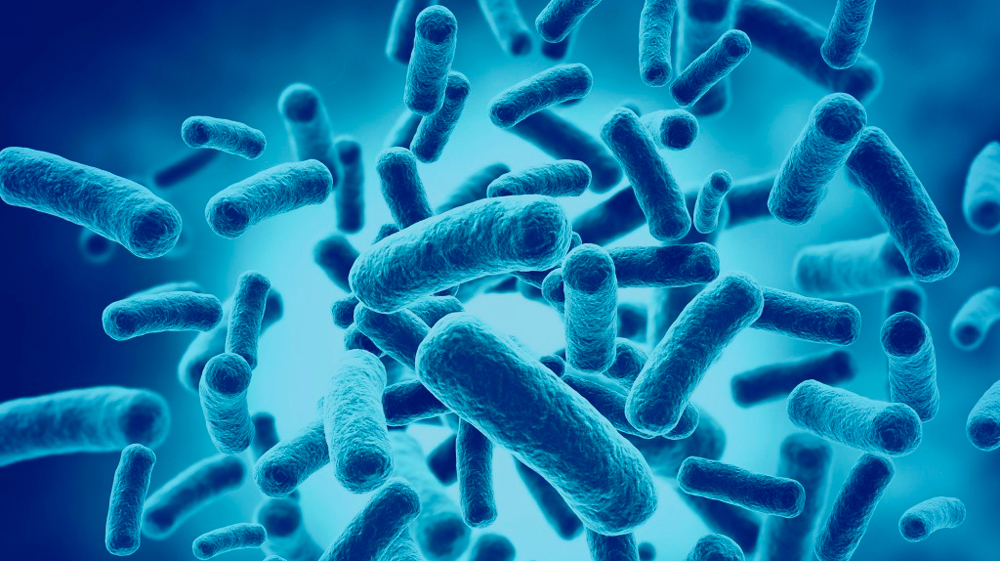Recent findings in the structure and function of the microbiome suggest that diet can have a direct impact on the gut microbiota and the state of human health, and, disruptions in microbiome-human relationships can result in different disease states, including chronic inflammation, neurological disorders, and autoimmune diseases.
Probiotics have been proposed as preventive and therapeutic measures to restore the healthy composition and functions of the gut microbiota. But what are probiotics?
These are living microorganisms that are intended to bring health benefits when consumed or applied to the body. They can be found in foods, such as fermented foods, in food supplements, and in beauty products. They can contain a wide variety of microorganisms, the most common of which are bacteria belonging to groups called Lactobacillus and Bifidobacterium. Other bacteria can also be used as probiotics, as can yeasts such as Saccharomyces boulardii. Different types of probiotics can have different effects. For example, if a specific type of Lactobacillus helps prevent a certain disease or symptom, this does not necessarily mean that another type of Lactobacillus or any of the Bifidobacterium probiotics have the same effect on the body.
Probiotics can have a positive impact on overall health, such as:
- Helping the body maintain a healthy community of microorganisms.
- Help the community of microorganisms return to a healthy condition after being disturbed.
- Produce substances that have beneficial effects on health.
- Positively influence the immune response.
Probiotics have shown promise for a variety of health conditions, including prevention of antibiotic-associated diarrhea (including diarrhea caused by Clostridium difficile), prevention of necrotizing enterocolitis, treatment of infant colic, treatment of periodontal disease, and induction or maintenance of remission in ulcerative colitis.
Some studies have also concluded that, daily intake of probiotics helps the Microbiome restore a healthy balance, reduces anxiety as well as stress, and positively boosts the mood of patients with irritable bowel syndrome and chronic fatigue syndrome, as probiotics are believed to decrease inflammation and boost the production of tryptophan, a neurotransmitter precursor of serotonin. Higher levels of serotonin help combat symptoms of anxiety and depression, and of course, since 90-95% of serotonin is produced in the intestines, probiotics help the Microbiome to positively influence the health and well-being of its host.
Taking probiotics helps the Microbiome mediate the host’s response to stress and other brain functions. The positive impact on mood and mental function is significant, which will also influence weight loss, because, as science has already concluded, stress can predispose to the storage of adipose tissue. Therefore, the intake of probiotics may also have a positive impact on optimizing body composition and weight loss and weight control.
If you would like to know more about probiotics, their spectacular benefits, how and when to take them, please contact the Stargut team and we will be happy to help 🙂



